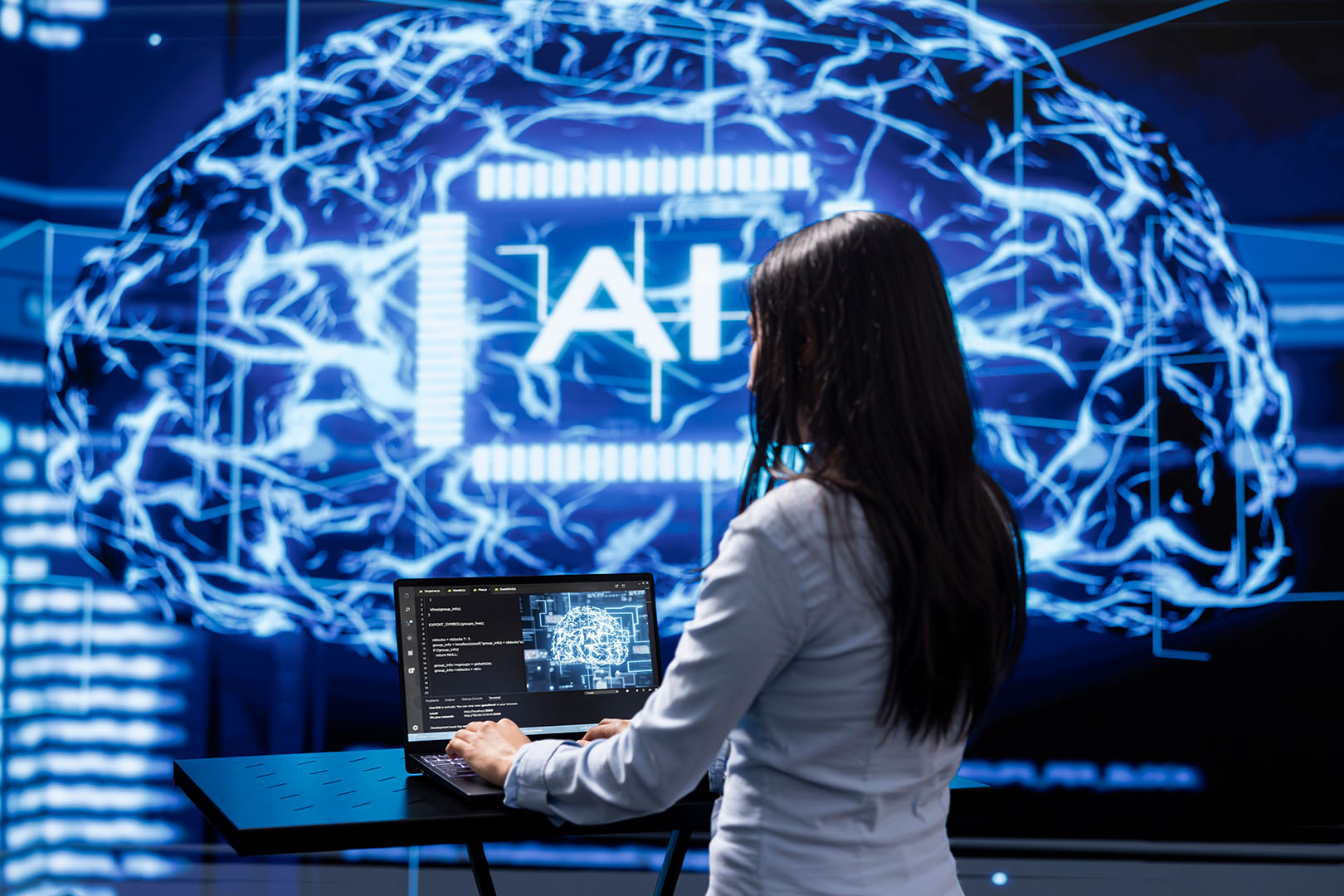How AI Is Reshaping Higher Education

• How is AI being used in higher education to support students and streamline teaching?
• Explore the question: Can AI replace traditional teaching methods?
• Discover how does AI help students improve their learning experience through personalization.
• Understand how does AI impact student engagement in online learning with smart tools and tracking.
A quiet transformation is happening across college campuses and online classrooms alike: Artificial intelligence (AI) is stepping into the spotlight. From grading tools to virtual tutors, AI is becoming an integral part of how students learn and how educators teach. But what does this really mean for the future of higher education?
Whether you’re a prospective student, a parent, or an educator, understanding how AI fits into the learning landscape can help you navigate what’s next.
How is AI being used in higher education?
AI is being used in higher education in ways both subtle and significant. At its most visible, AI powers tools like plagiarism checkers, auto-grading software, and adaptive learning platforms that personalize the pace and style of instruction. It helps professors manage large classes, identify students who may be struggling, and offer customized feedback more efficiently.
On the student side, AI-driven apps can serve as virtual tutors, answering questions in real time and recommending study resources tailored to individual performance. Some platforms even analyze learning habits to suggest better study techniques or alert advisors when a student shows signs of disengagement.
Behind the scenes, AI also plays a role in institutional planning by forecasting enrollment trends, supporting accessibility efforts, and optimizing course scheduling based on student demand and performance data.
Can AI replace traditional teaching methods?
This is one of the most common questions (and concerns) about AI in education. While AI can streamline many tasks and enhance personalized learning, it’s not equipped to replace the human connection, mentorship, and emotional intelligence that skilled educators bring to the classroom.
Instead, AI is best used as a tool to complement traditional methods. Think of it as a teaching assistant that works 24/7, helping instructors deliver more individualized support and freeing up their time to focus on high-impact interactions like discussions, project-based learning, and real-world application.
The goal isn’t to swap out educators but to empower them with new tools that make learning more effective and more engaging.
How does AI help students improve their learning experience?
Personalization is where AI really shines. By analyzing data on student performance, behavior, and preferences, AI systems can deliver content in ways that resonate with each individual.
For example, if a student struggles with visual learning but thrives through hands-on practice, an AI platform might suggest more interactive exercises and reduce video-based content. These smart systems adjust in real time, making learning feel less like a one-size-fits-all experience and more like a customized journey.
AI can also support neurodiverse learners by offering alternative ways to access material, breaking down complex topics into manageable steps, or even translating lectures and notes into different languages or formats.
How does AI impact student engagement in online learning?
Online learning has grown dramatically in recent years, and keeping students engaged remotely is a challenge every educator understands. AI can monitor participation in virtual classrooms, track which resources students are using, and even detect early signs of disengagement. Some platforms use chatbots to check in on students or recommend discussion threads to encourage interaction. Others gamify learning, using AI to tailor quizzes and challenges that keep students motivated.
For schools offering online programs, these tools can help foster a sense of connection and momentum, even when students are learning from home. By using AI to make digital classrooms more responsive and interactive, institutions can improve both retention and outcomes.
AI isn’t just changing how we teach; it’s reshaping the entire student experience, from admissions to graduation. As higher education continues to evolve, the integration of AI offers exciting possibilities for more inclusive, flexible, and effective learning environments.
At Lackawanna College, we’re committed to staying at the forefront of these changes. Whether you’re exploring a tech-focused career or want to learn in a setting that embraces innovation, you can discover all the different career pathways available to you. And when you’re ready to take the next step, you can explore our admissions and enrollment page for information on how to get started.
